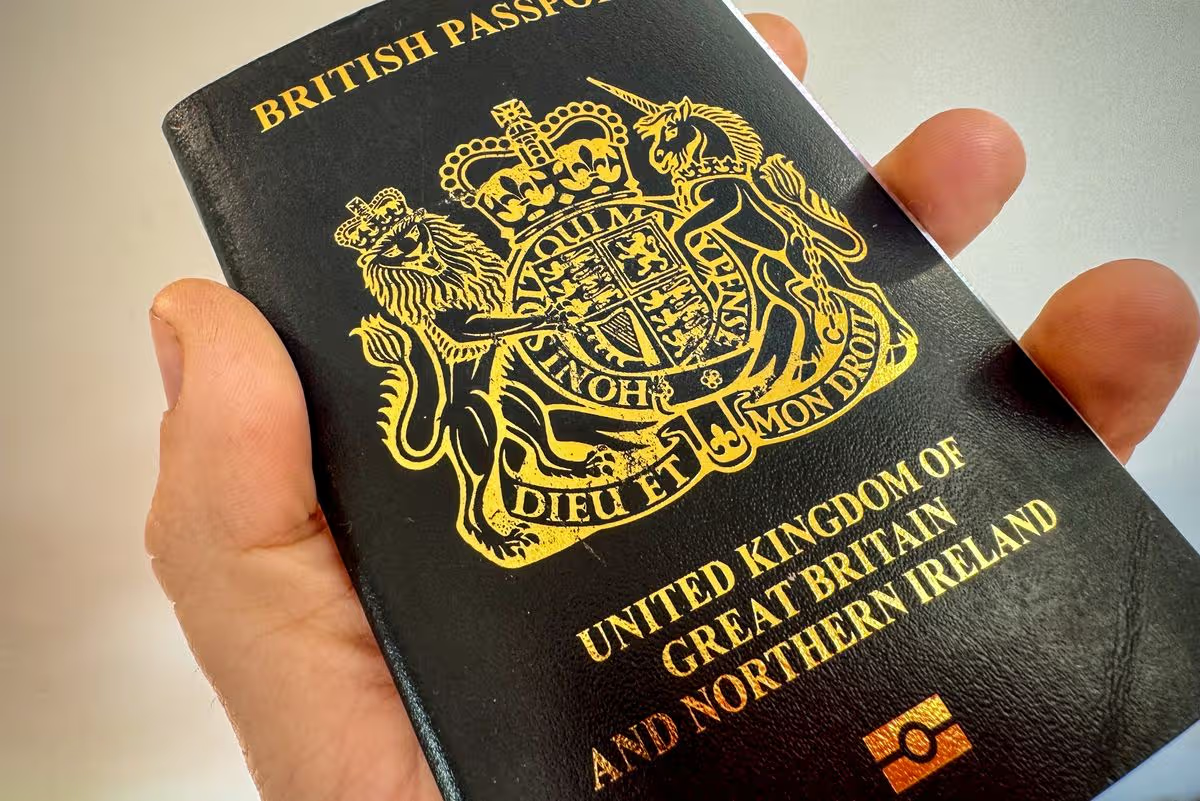Brits are being urged to check their travel documents especially passports after it’s been revealed that over one million UK adults may not have valid documents when the summer holidays come around
Brits are being warned to check their passports after data revealed that over 1.4million UK adults could see their documents expire before the summer holidays.
The team at budget airline Wizz Air revealed that they studied data obtained from the HM Passport Office and found that over 1.4million documents are due to expire by the end of June 2026. For those who haven’t checked their passports, it could mean their holiday is over before it’s even started, with extra headaches along the way.
That’s because an invalid passport not only means you’ll be denied boarding at the airport, but your travel insurance is unlikely to cover any claims because you’ve travelled with an invalid document, therefore voiding your policy for that trip.
With the summer holidays just a few months away, Wizz Air is urging travellers to check their passport validity now before the peak season to avoid any potential last minute stress or cancelled trips.
READ MORE: 10 holiday destinations with hot and sunny weather in March you’ll want on your radar
For Brits heading to Europe, there’s a post-Brexit rule that continues to catch holidaymakers out. That’s because you need to check not one but two dates on your document. The first is the issue date; UK travellers must have passports issued less than 10 years before the date they enter a country. If you’re using an older passport, it may still be valid for your travel dates, but could push you past the 10-year rule.
However, you also need to check the expiry date. Passports need to be valid for at least three months beyond the date you plan to return from EU countries, while some non-EU destinations require six months remaining. It’s crucial to check your passport’s validity based on your intended return date to the UK, not the date you’re due to fly out.
If you’re unsure about the entry requirements for a destination, one of the best resources for UK passport holders is the Foreign Office’s travel advice for that destination, as they will advise of any updates or changes that you need to be aware of.
READ MORE: Disney Wish cruise ship to sail from UK in 2027 – I’ve been onboard and it’s unrealREAD MORE: Your ultimate guide to all the best holiday destinations every month in 2026
Yvonne Moynihan, Managing Director at Wizz Air UK said: “Don’t let an expiring passport ruin your summer plans. Summer holidays should be about excitement, not last-minute stress. With peak booking season underway, now is the time to check if your passport is valid. A quick two-minute check today could save weeks of disruption later and ensure travellers can book with confidence and enjoy the full range of destinations across our network.”
If you do realise that your passport won’t be valid for the summer and want to book a holiday, then renewing your document is simple. You can either renew it online for £94.50, or through a paper application which costs £107. To renew your passport you’ll need both your old passport and any valid passports you have from a different country – send either a colour photocopy of every page (including blank ones) or the physical passport. You can also find out more on gov.uk/renew-adult-passport.
A word of caution – if you’ve already booked a trip and had to enter your passport details, make sure you update those on your booking if needed!
Have you had a holiday ruined because of a passport issue? Email us at webtravel@reachplc.com.

